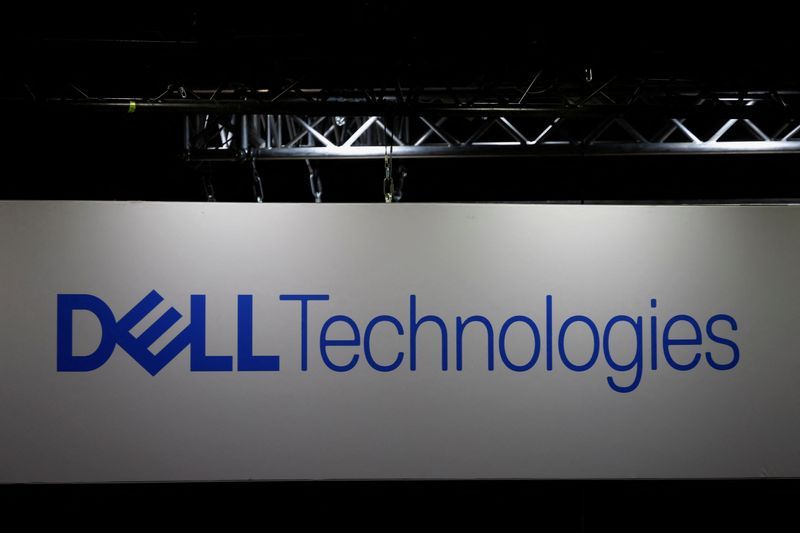
Vayu One has an intelligent internal system that enables it to analyse the environment in real time. — Vayu Robotics
The American startup Vayu Robotics boasts the world’s first home delivery robot powered by artificial intelligence. Less costly to produce, this robot is capable of navigating its environment, both indoors and outdoors, to deliver small goods directly to customers’ doorsteps.
This solution has been developed to reduce the cost of deliveries and their impact on the environment. The special feature of the Vayu One is that it does not use LiDAR, a technology that measures distances and provides a 3D representation of the surrounding environment using laser pulses. Instead, to find its way around, this robot uses its own AI model to move forward and navigate in an environment that it analyses thanks to the presence of numerous sensors and cameras.
The images and data captured are analysed in real time to ensure safe navigation. This includes road and sidewalk recognition, obstacle detection, as well as the interpretation of traffic lights and road signs along the way. It is now capable of navigating both inside stores and through city streets, to deliver goods to customers. This first version of the robot can carry up to 45 kg, without exceeding 30kmph.
By dispensing with the LiDAR, Vayu aims to reduce the cost of manufacturing and maintaining its autonomous robot, and thus attract companies looking to develop their local delivery services. Vayu’s aim is now to deploy this robot on a large scale and make the low-cost transport of goods available throughout the country.
Today, in the United States, it's not uncommon to come across a small autonomous robot on the street, tasked with making deliveries to customers' homes. Uber Eats, for example, has already experimented with this system using small robots developed by Cartken, operating from Los Angeles to Miami. The company is even preparing to export the service to Tokyo.
And, for several years now, robot deliveries have been proliferating on American university campuses, thanks to Starship, which claims to have made more than a million deliveries so far. And demand is set to increase, since by 2027, nearly a quarter of American retail purchases are expected to be made online, according to eMarketer. – AFP Relaxnews








































